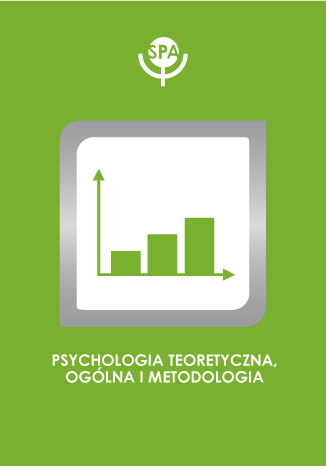Array
(
[id] => 488
[date] => 2019-03-15
[doi] =>
[title] => Czy w psychologii empirycznej jest miejsce dla wolnej woli?
[title_en] => DOES EMPIRICAL PSYCHOLOGY LEAVE A PLACE FOR FREE WILL?
[authors] => Wiesława Sotwin
[abstract] => Ever since empirical psychology adopted scientific determinism it has practically ousted the category of "free will" from its language. However, due to scientific discoveries, such as micromolecules being composed systems, indeterminism has contributed to the altered scientific picture of the world. This paper attempts to answer the question whether this change may affect, and if – in what way, the place of free will in empirical psychology. The first part of the paper presents the philosophical assumptions regarding the essence of free will and its "vicissitudes" in classical and contemporary empirical psychology. The second part is devoted to theories which describe indeterminism discovered in nature, first – in composed systems, i.e. chaos theory, and later on – in the brain, that is the theory of neuronal group selection by G. Edelman. In the conclusions, there is presented a formulation of free will in the light of these relatively new concepts in science, a formulation, which has led to a positive answer to the question in the title.
[abstract_en] => Ever since empirical psychology adopted scientific determinism it has practically ousted the category of "free will" from its language. However, due to scientific discoveries, such as micromolecules being composed systems, indeterminism has contributed to the altered scientific picture of the world. This paper attempts to answer the question whether this change may affect, and if – in what way, the place of free will in empirical psychology. The first part of the paper presents the philosophical assumptions regarding the essence of free will and its "vicissitudes" in classical and contemporary empirical psychology. The second part is devoted to theories which describe indeterminism discovered in nature, first – in composed systems, i.e. chaos theory, and later on – in the brain, that is the theory of neuronal group selection by G. Edelman. In the conclusions, there is presented a formulation of free will in the light of these relatively new concepts in science, a formulation, which has led to a positive answer to the question in the title.
[keywords] => free will, empirical psychology, scientific determinism
[keywords_en] => free will, empirical psychology, scientific determinism
[file_path] => /files/articles/2002-8-czy-w-psychologii-empirycznej-jest-miejsce-dla-wolnej-woli.pdf
[okladka] => psychologia_teoretyczna_ogolna_i_metodologia.jpg
[rocznik] => Rocznik: 2002 Tom: 8 Numer: 1
[strony] => 21-38
)










 Pobierz pełny tekst
Pobierz pełny tekst



